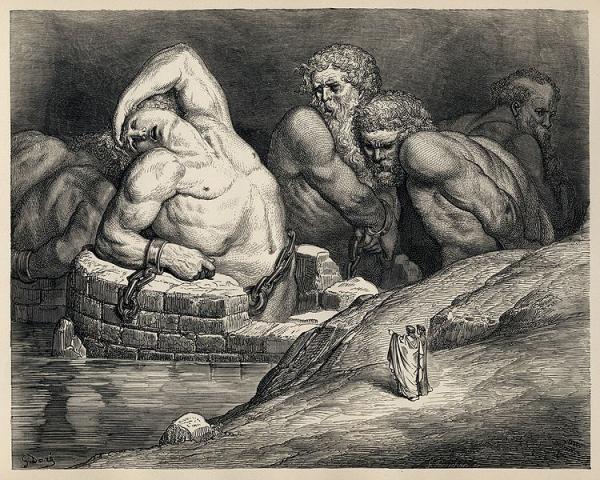Should Christians Embrace the Jews?
Recently there was much media chatter concerning the current head of the Romish “church”, Herr Ratzinger (I ought not use any of the usual self-proclaimed titles, cf. Matt. 23:8-9), and his visit to the United States. One of the highlights of his trip, according to the media, was his stop at a New York City synagogue, and his embrace of the Jews there, where he gave a speech which stressed the so-called “Jewish” roots of Jesus (Yahshua) Christ and of Christianity. Yet nothing could be further from the truth. In reality – which reality shall continue to escape the notice of most people in society – Herr Ratzinger’s homage to the Jews of New York surely demonstrates the truth of such New Testament verses as Luke 4:5-6, John 14:30 and 1 Cor. 2:8, among others. For those whom we see in positions of authority are not the true wielders of power: it is the dragon (Rev. 12:7-9) which gives authority to the beast (Rev. 13:4). While this statement may seem enigmatic now, it may become clearer later, as this essay proceeds.








 Please click here for our mailing list sign-up page.
Please click here for our mailing list sign-up page.








Recent comments